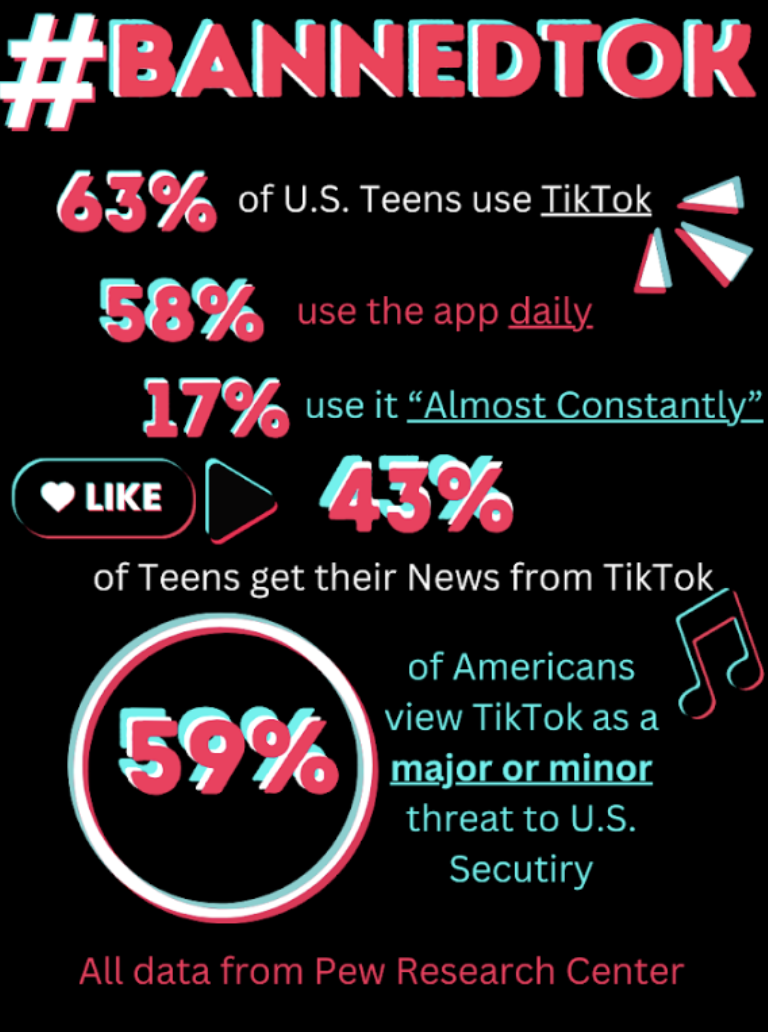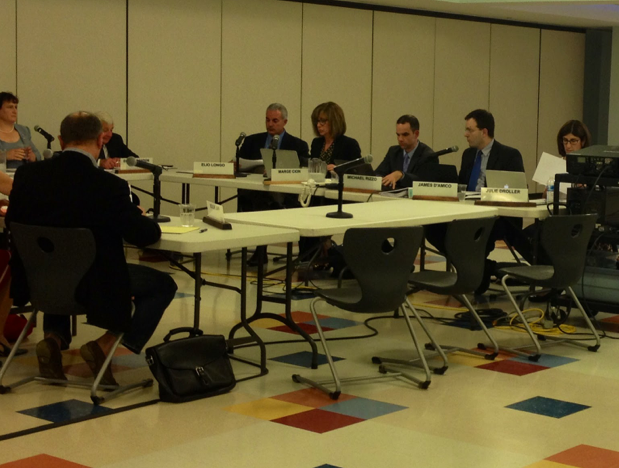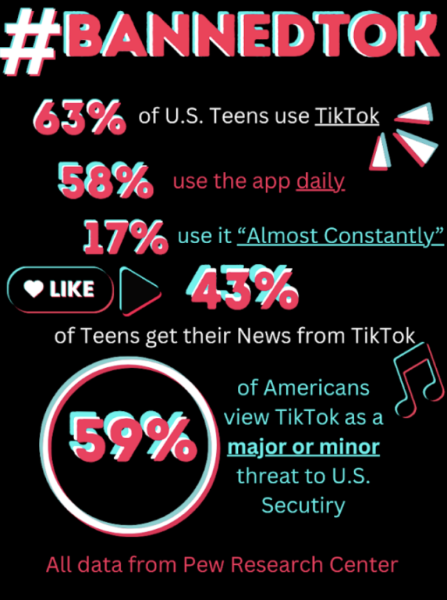Curriculum changes and priorities control Board of Education meeting
James D’Amico begins his presentation and discusses the 6-12 grade curriculum with members of the BOE. He discussed the integration of STEAM into the curriculum and meeting new state requirements for the class of 2020.
On the night of Nov. 10, the Westport Board of Education (BOE) convened in the Staples cafeteria to discuss state changes to the high school curriculum for the class of 2020. In addition, the BOE discussed the productivity and efficiency study from the National Executive Service Corps (NESC.)
Director of Secondary Education James D’Amico talked about integrating STEAM into the middle school and high school curriculum with the new state requirements for the class of 2020.
D’Amico announced that for the class of 2020, the state will require that all high school students take a minimum of 25 credits to graduate, which will not be a change for Staples High School. However, 23.5 of those credits need to fall within certain state requirements, such as taking a class that fulfills STEAM requirements.
D’Amico said that he will be talking with the guidance counselors to see how easily students will fit into this new path of study and that they would need to move quickly, adding that teachers were already beginning to think of ways to fulfill the impending state requirements.
D’Amico also said that they would be working to integrate courses so that they fulfill multiple state requirements.
Furthermore, John Scott, Project Leader of the Westport Public Schools Productivity and Efficiency Study from NESC, discussed how NESC interviewed stakeholders, such as members of the Board of Education, to get ideas about how to prioritize issues.
BOE members and committee members involved in the NESC study, Brett Aronow and Karen Klein, presented their rankings of the priorities of the Westport Public Schools, with one being the most important and nine being the least important, with Aronow saying that they “put a lot of thought [into ordering the priorities]” and that it was not easy to do.
These priorities, in no particular order, include the impact on families and the community; maintenance of school grounds; retention of staff; emotional and social programs for students; safety and security; academic programming; extracurricular activities and programs for professional development. Michael Gordon, a member of the BOE, also wanted to clarify to the Board and the audience that all nine of the issues were important.
After more discussion, the general consensus of the Board was to instead put the priorities into categories instead of ranking them.
“The direction I’m hearing is [that] some degree of banding [makes sense],” BOE Chairperson Elaine Whitney commented to the Board, adding that the Board wanted to do some sort of banding but was happy with the order of the priorities right now.






















































